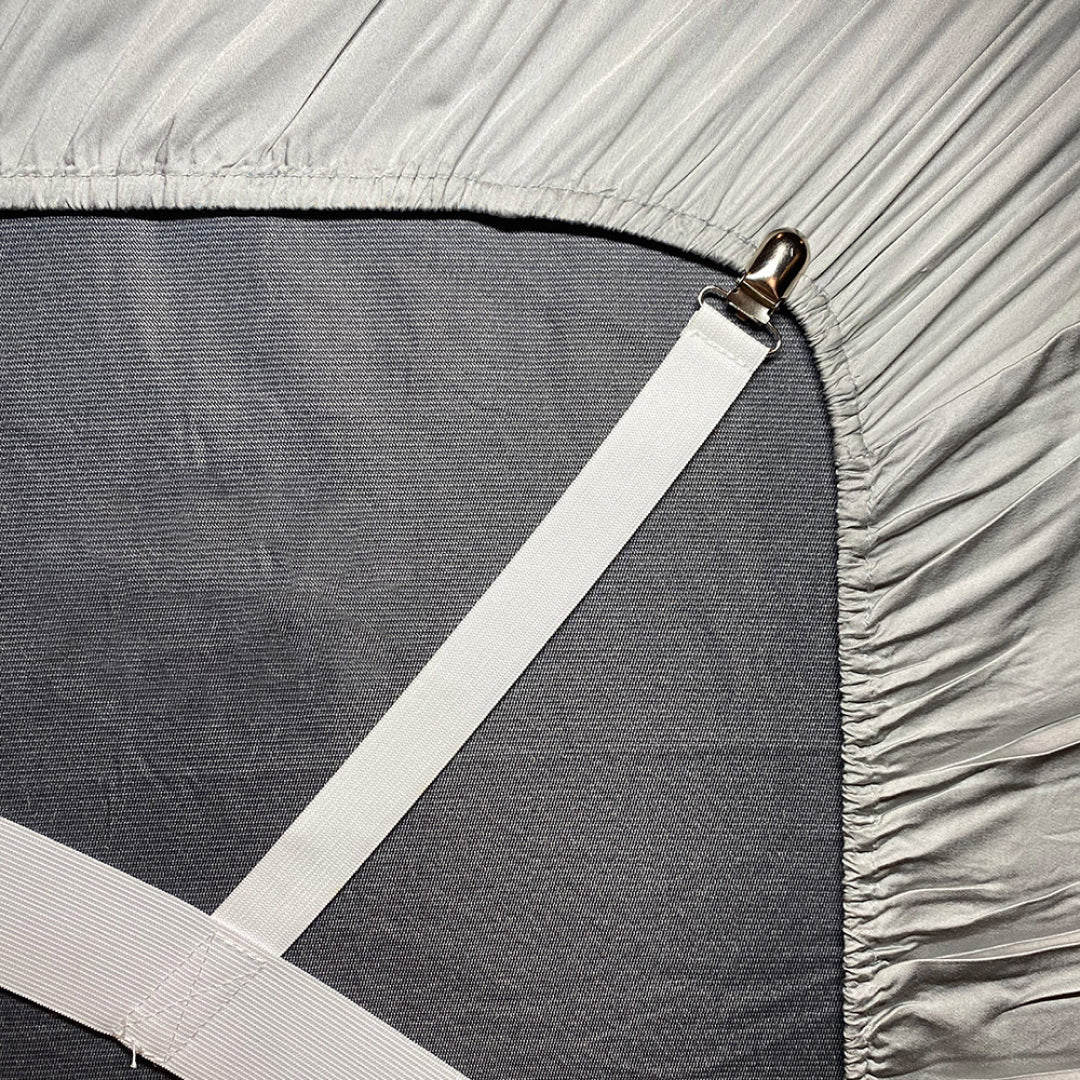

· By bedly comfort products
9 Tips to Sleep Better at College
Maintaining a regular sleeping schedule at college can be hard. There are many different reasons as to why college students break their sleeping routine. Late night studying, socializing, scrolling through social media, noisy neighbors, uncomfortable bedding and many other factors affect sleep directly. For college students, sacrificing sleep can affect their grades and long-term health.
It is essential for college students to establish a sleeping routine in order to have success in and outside the classroom. Here are 9 tips to sleep better while in college:
- Put away all electronics (cellphones, laptops, and tablets) 30 minutes before going to sleep. This will help reduce the blue light emission and will help you fall asleep quicker.
- Practice time management with schoolwork. Staying on top of your schoolwork will avoid procrastination. This will reduce your stress and help you sleep more comfortably.
- Maintain a regular sleep schedule. Try to sleep and wake up at the same times, even on weekends (yeah I know).
- Avoid caffeine after 5 PM. Your sleeping quality will improve if you avoid caffeinated products six to eight hours before going to bed.
- Exercise regularly. Exercise is essential for staying in good physical condition, sleeping faster, and sleeping better.
- Have comfortable bedding. Make sure your mattress topper and fitted sheets are set up with Bedly Straps (bedlycomfortproducts.com). This will ensure that your sheets and mattress topper will stay in place without sliding around-- making you sleep better.
- Avoid alcohol before bed. Studies have shown that alcohol disrupts your sleep, affecting your sleeping quality.
- Avoid all-nighters. Do not leave studying for last minute; even if it means getting less hours of studying, it is better to get a good night’s sleep before an exam.
- Choose healthier snacks before bed. Opt for sleep inducing foods such as bananas, yogurt, walnuts, low sugar cereals and almonds to help you sleep better.

